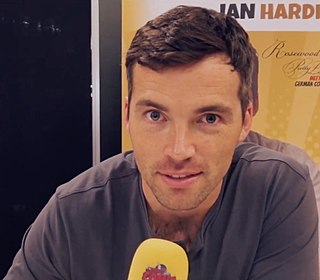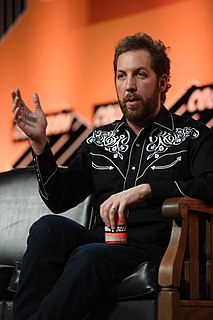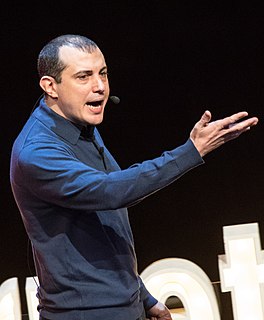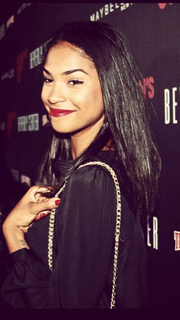A Quote by Simon Mainwaring
The role of social media is critical because it helps to spread cognitive dissonance by connecting thought leaders and activists to ordinary citizens rapidly expanding the network of people who become willing to take action.
Related Quotes
Indeed, the best practical reason to think that social media can help bring political change is that both dissidents and governments think they can. All over the world, activists believe in the utility of these tools and take steps to use them accordingly. And the governments they contend with think social media tools are powerful, too, and are willing to harass, arrest, exile, or kill users in response.
Education as a democratic project always presupposes a vision of the future in its introduction to, preparation for, and legitimation of particular forms of social life. It is utopian in its goal of expanding and deepening the ideological and material conditions that make a democracy possible. As a moral and political practice, education produces the modes of literacy, critique, sense of social responsibility, and civic courage necessary to imbue young people with the knowledge and skills needed to enable them to be engaged critical citizens willing to fight for a sustainable and just society.
The day after Donald Trump was elected, Chinese business leaders, including the heads of Baidu, stood up and gave a speech saying, 'Come to China and build your company now.' The cognitive dissonance of that was amazing for some of us to think we might be losing our leadership role in building companies.
I think TV companies don't take as many risks any more, it's a bit more prescriptive. There are more channels but there seems to be actually less main network channel comedy. You can't offend people as easily, people take things very seriously now. I think that's down to social media though because people can have little tribes of offence.
The Rule of 150 says that congregants of a rapidly expanding church, or the members of a social club, or anyone in a group activity banking on the epidemic spread of shared ideals needs to be particularly cognizant of the perils of the bigness. Crossing the 150 line is a small change that can make a big difference.

































